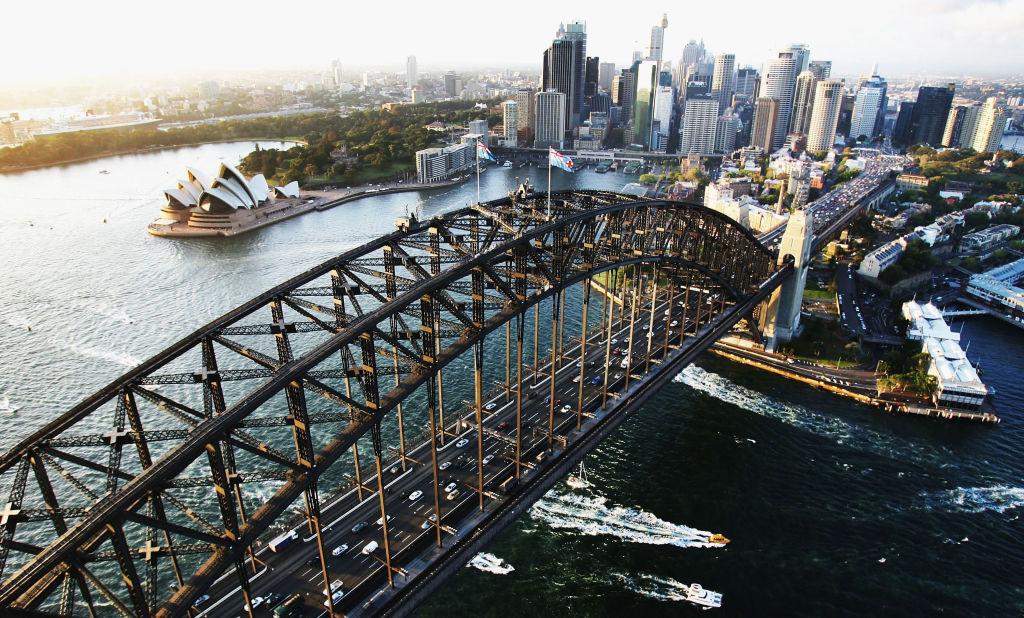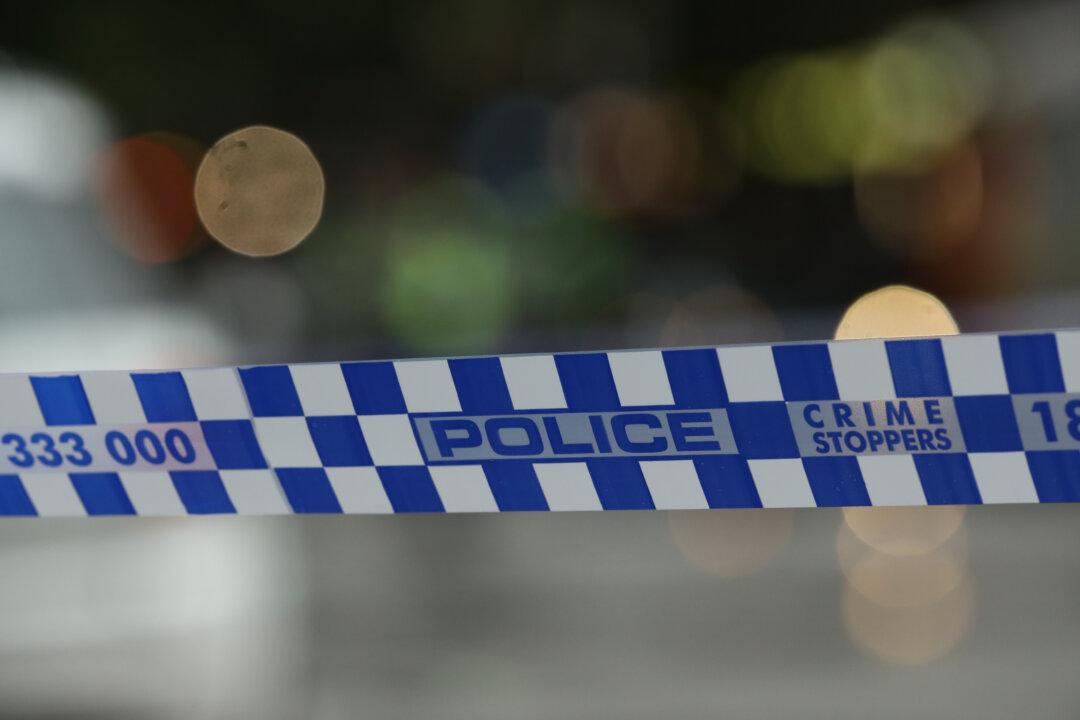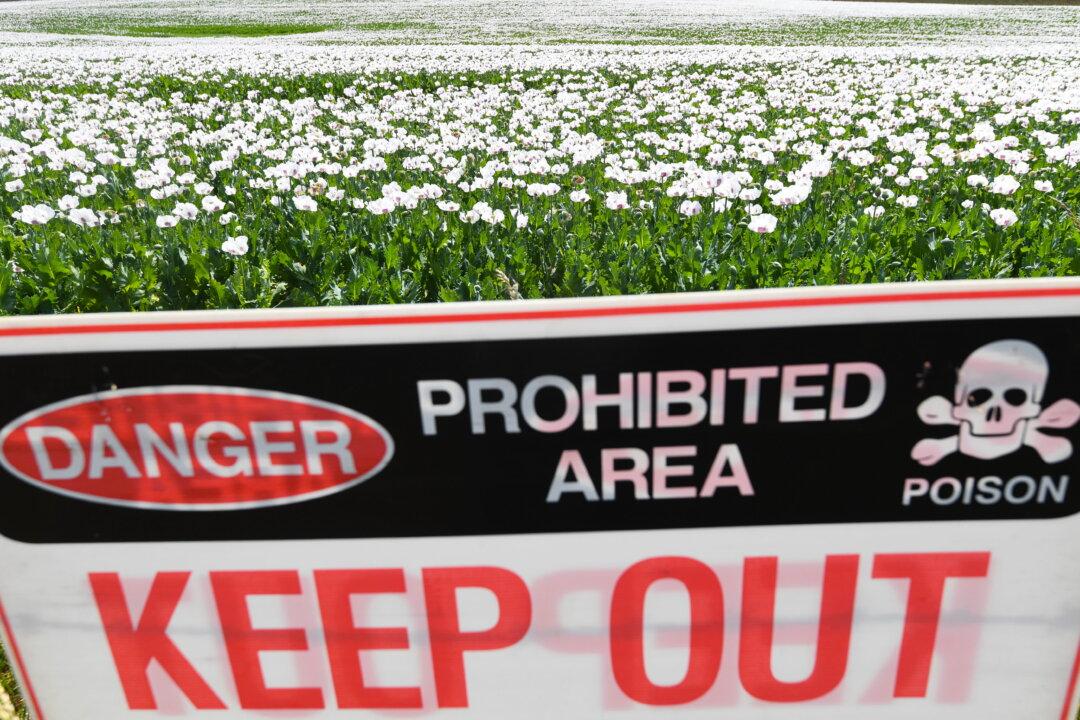More major events and tourism drawcards will call NSW home under a government strategy to transform the state into the largest tourism hotspot in the Asia-Pacific.
The strategy is a bid to repair the industry, battered by the coronavirus pandemic and projected to operate below pre-pandemic levels until 2024.





